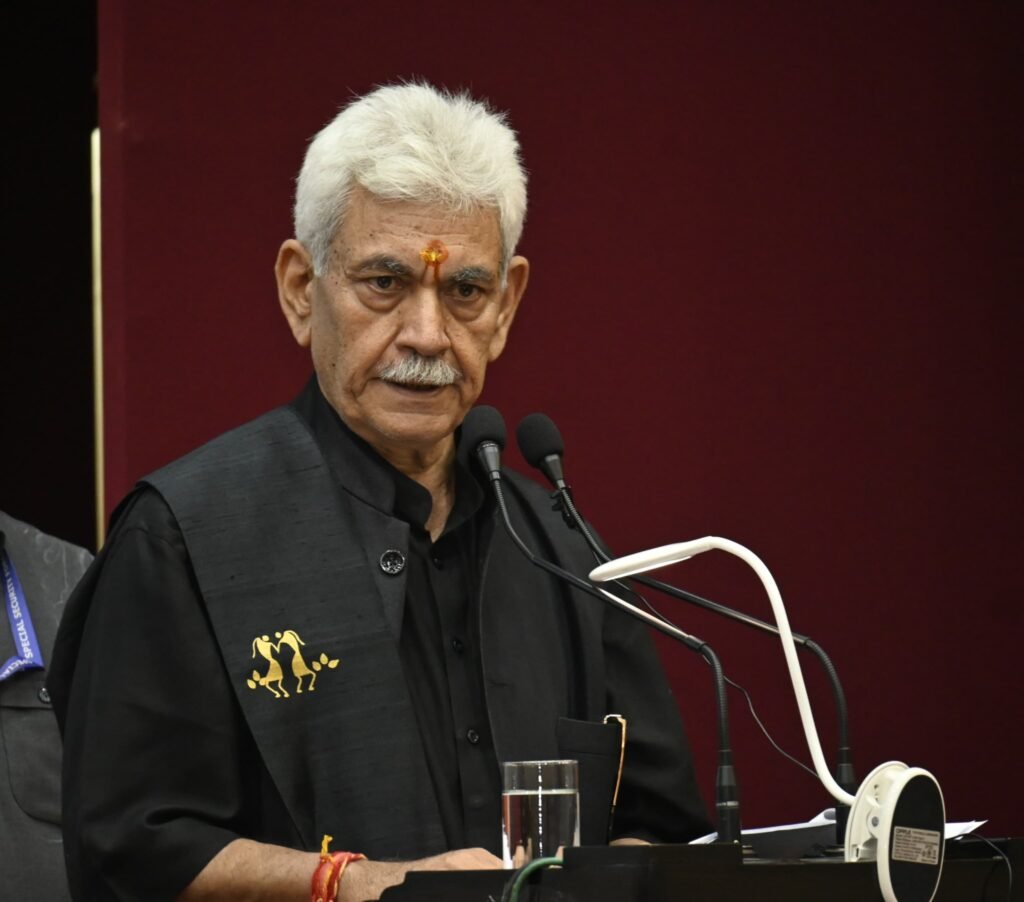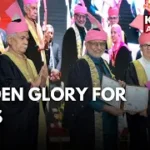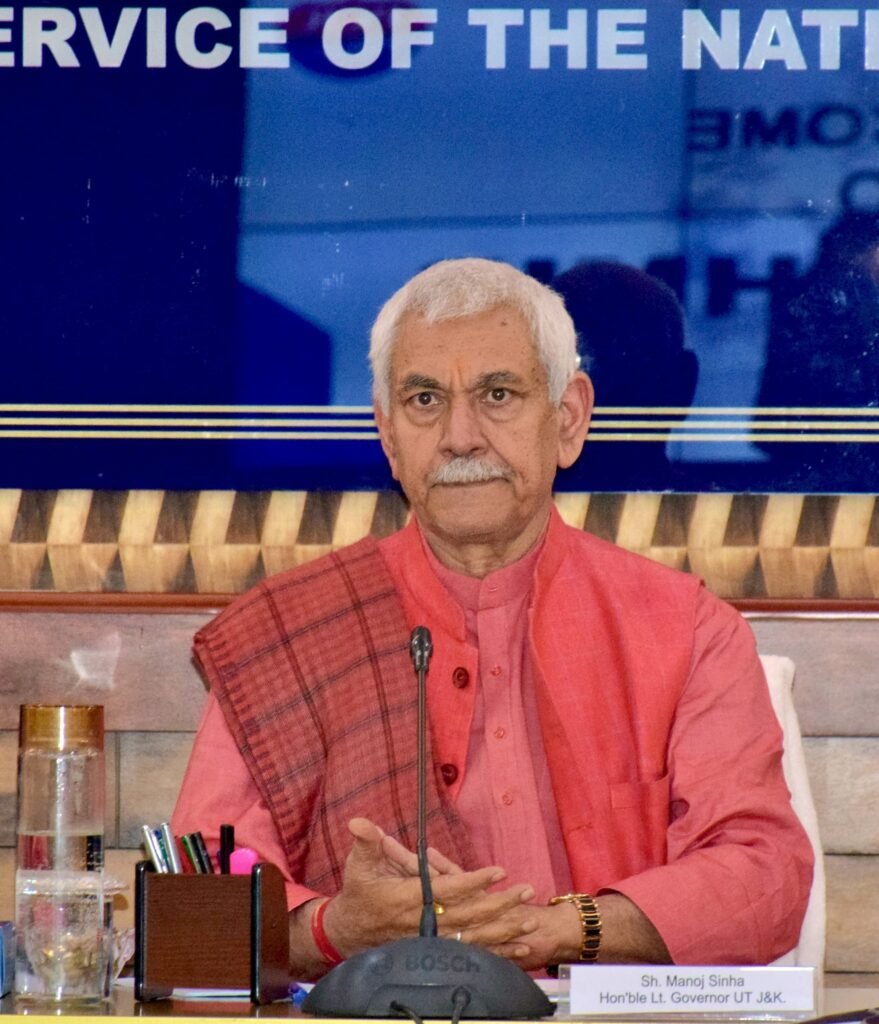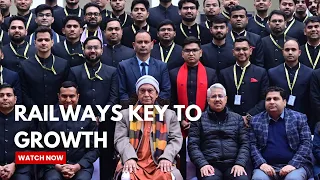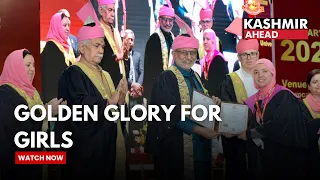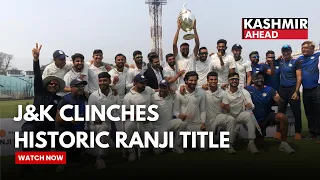Jammu, July 20, 2025 – Lieutenant Governor Shri Manoj Sinha launched the monograph Indus Water Treaty-Mirroring the Facts, authored by senior journalist Shri Sant Kumar Sharma, at a ceremony in Jammu today. The event, attended by prominent dignitaries, highlighted the historical and strategic significance of the Indus Water Treaty (IWT) and India’s recent decision to terminate it, a move led by Prime Minister Shri Narendra Modi.
In his address, Lieutenant Governor Sinha commended Sharma for his insightful work, which explores the historical aspects of the IWT signed between India and Pakistan in 1960. He described the monograph as a timely analysis, offering critical perspectives on the treaty’s implications and Modi’s action to suspend it following the Pakistan-sponsored Pahalgam terror attack on April 22, 2025, which claimed 26 civilian lives.“India has made it clear that blood and water cannot flow together, terror and talk cannot go together, and terror and trade cannot happen together. The termination of the Indus Water Treaty is a response to Pakistan, which relies heavily on the Indus River system for its agriculture and economy. This step will have far-reaching consequences,” Sinha stated, emphasizing India’s stance against cross-border terrorism.
The Indus Water Treaty, brokered by the World Bank, allocated the waters of the Eastern Rivers (Ravi, Beas, Sutlej) to India and the Western Rivers (Indus, Jhelum, Chenab) primarily to Pakistan. Sinha noted that the treaty was a “historical mistake” and “one-sided,” as it restricted infrastructure development in Jammu and Kashmir, hampering hydropower potential and irrigation projects. The termination, he said, would allow J&K to harness its resources fully, irrigate barren lands, and accelerate infrastructure growth.
Sinha reiterated the Government of India’s commitment to utilizing the nation’s water resources exclusively for its citizens, stating, “India’s water will now flow within India and remain in India.” He highlighted that the suspension of the IWT grants India full control over the Jhelum and Chenab rivers, unlocking potential for hydroelectric projects and regional development.
The Lieutenant Governor also paid tribute to the victims of the Pahalgam terror attack and reaffirmed his resolve to deliver justice to terror victim families in Jammu and Kashmir. “No terror victim families will be left behind. We are ensuring jobs, financial assistance, and necessary support for those who have waited for justice for decades. Properties encroached by terrorists or their sympathizers will be vacated soon,” he assured.
The monograph launch was attended by author Shri Sant Kumar Sharma, Smt. Anuradha Sharma, Shri Ashok Bhan (Member, Shri Mata Vaishno Devi Shrine Board), Prof. BK Kuthiala (former Vice-Chancellor, Makhanlal Chaturvedi National University of Journalism & Communication), Shri Zorawar Singh Jamwal (Chairman, Team Jammu), senior officials, literary personalities, and journalists.
The decision to suspend the IWT, announced in April 2025, has sparked debate. While India cites Pakistan’s support for terrorism as the primary reason, the move is seen as a strategic step to leverage India’s position as the upstream riparian state. Experts note that while immediate impacts on Pakistan’s water supply may be limited due to India’s current infrastructure constraints, projects like the Kwar Dam on the Chenab River signal India’s intent to maximize its water resources.

